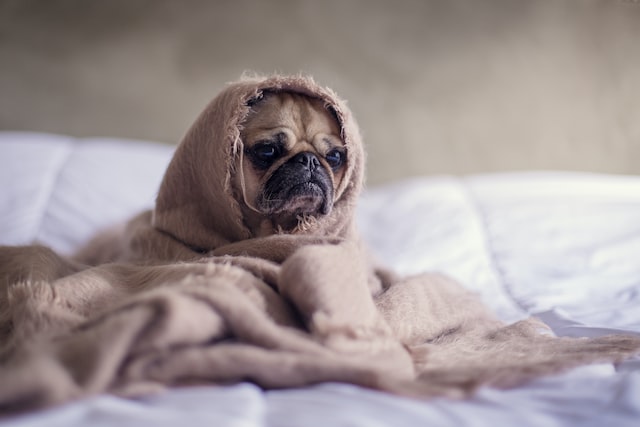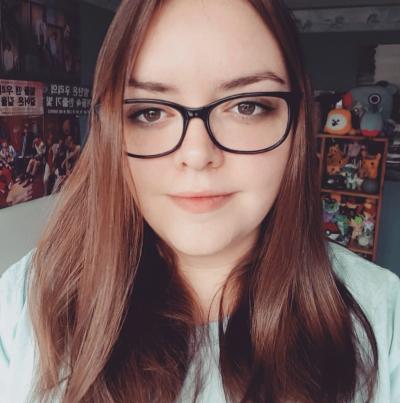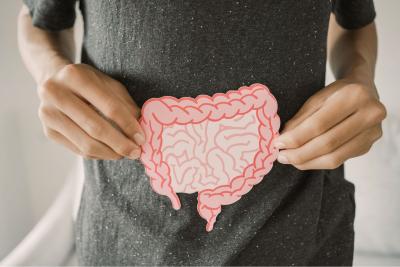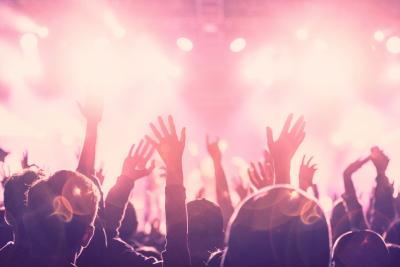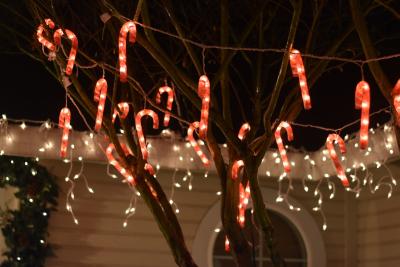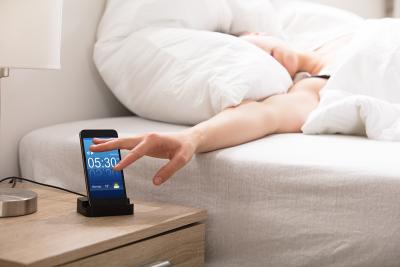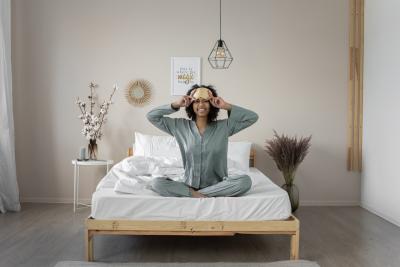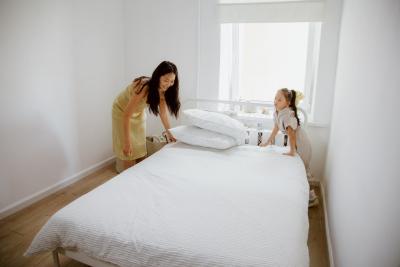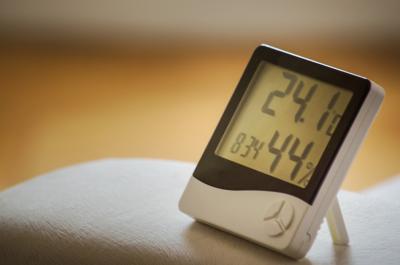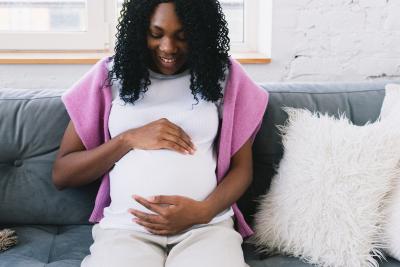We recently collaborated with the National Autistic Society (NAS) on a study that examined the effect autism has on sleep and found that many people on the spectrum also have other conditions. Unsurprisingly, many of these have led to sleep disorders too.So, with the help of NAS expertise, we’ve delved into the most common links between autism and sleep disorders, and provide some tips on how you can aid slumber.
Autism and Sleep Disorders in Adults and Children
Sleep disorders can affect how you function during the day. So, for those who already have difficulties interacting with others on a daily basis, sleep disorders can have a tremendous influence. Trouble getting to sleep, wakefulness, and restlessness are all common for autistic people, and this could be caused by sensory issues, anxiety, or hormonal issues.Furthermore, in some instances, a pairing with another condition can exasperate these slumber issues further.
Autism and Sleep Apnea
In a 2018 study published by the Sleep Research Society, it was revealed that there has been limited scientific research into obstructive sleep apnea (OSA) in children with autism spectrum disorder (ASD), despite it being more prevalent than in those without autism.However, existing research does reveal that in cases where a link is proven, OSA tends to be treated surgically more often than medically. Distressed behaviour is common with children who have both of these conditions, so this treatment is often advised to improve daytime function, as well as general health. Although, CPAP machines are common too. So, why do autistic people also often have sleep apnea? Well, Deborah Wardly, MD, has written about extreme cases where those with autism may be born with a recessed jaw, therefore predisposing them to the compression of airways, and therefore difficulties breathing while asleep.
So, why do autistic people also often have sleep apnea? Well, Deborah Wardly, MD, has written about extreme cases where those with autism may be born with a recessed jaw, therefore predisposing them to the compression of airways, and therefore difficulties breathing while asleep.
Autism and Epilepsy
Sleep disorders are common in both autism and epilepsy, and seizures are the most prevalent neurological disorder associated with ASD. According to Richard E. Frye, MD, between 1% and 2% of children in the general population develop epilepsy but estimates for epilepsy in ASD range up to 38%. For many, these seizures continue well into adulthood.So, what has all of this got to do with sleep? Well, as we already know, autism often comes with sleep problems. An additional condition, like epilepsy, could worsen this. And, the results of our recent survey with NAS found around 8% of people have both.For example, some epileptics suffer from nocturnal seizures. This means they have a seizure while asleep because there is abnormal electrical activity in the brain. This can be triggered in different stages of sleep but is most common in stage one and two where you are in lighter sleep. As a result, sleep is disrupted, and sufferers feel less rested.
Autism and Night Terrors
Nightmares and night terrors have been reported in children on the autism spectrum, especially amongst children with severe behavioural issues. This can mean children being restless, waking up screaming or crying, and finding it harder to get back to sleep once awake. Plus, it can be pretty terrifying for parents, partners, or anyone else in the home. Typically, night terrors happen between an hour and two hours after falling asleep and can last for several minutes. In some instances, the sufferers may appear to be awake, but are not, so cannot remember afterwards.This is commonly treated with medication.
Typically, night terrors happen between an hour and two hours after falling asleep and can last for several minutes. In some instances, the sufferers may appear to be awake, but are not, so cannot remember afterwards.This is commonly treated with medication.
Autism and Sleeping with Eyes Open
The National Sleep Foundation estimates up to 20% of people sleep with their eyes open, whether wide or just a crack. Sleeping with your eyes open is caused by problems with the nerves or muscles in the face. Therefore, when this is prevalent in ASD, some believe this is caused by the excess electrical signals being fired by the brain during sleep and that it could also be linked with night terrors or sleep paralysis. However, research is limited at this time.Most people don’t know they do it, unless someone else tells them, of course. But dry or red eyes could be a good giveaway. Thankfully, this is a treatable condition and common remedies include using moisture goggles, a humidifier, or medication.
Our Top Tips for Improving Sleep
There are numerous things you can try to improve your sleep, from keeping to a routine to investing in a firm orthopedic mattress, transforming your diet to getting plenty of exercise. However, our research has revealed the most effective solutions to be a dark room, blackout blinds and prescribed medication.If you’re keen to improve your or your children’s sleep space, then make sure to check out our blog ‘Autism Bedroom Design: How to Create a Safe Space at Night for Children’ for design elements to consider, and join the conversation over on Instagram, Facebook and Twitter with #AutisticSleep.


